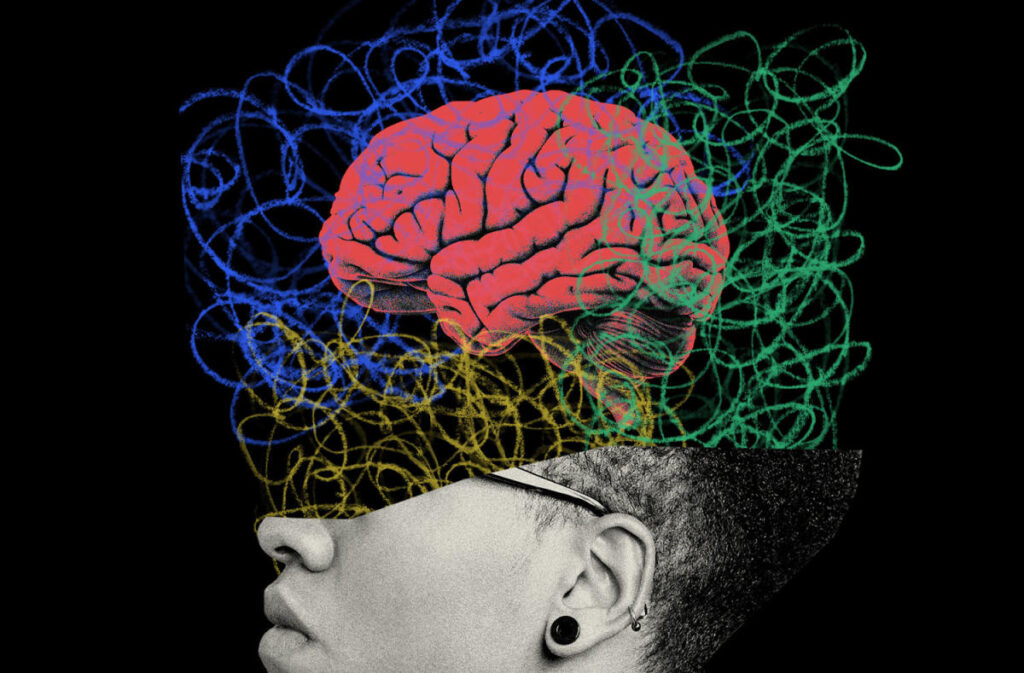Robert F. Kennedy Jr.’s controversial claims linking childhood vaccinations to autism have come under renewed scrutiny following President-elect Donald Trump’s nomination of him to head the Department of Health and Human Services (HHS). The HHS manages a massive budget of $1.7 trillion, overseeing crucial research related to both autism and vaccinations. The origin of this unfounded theory dates back to 1998, when a British physician published a study later debunked and discredited for its fraudulent claims. Since then, extensive research has consistently shown that vaccines are safe, and the World Health Organization credits immunizations with saving approximately 154 million lives globally over the past half-century.
Kennedy’s arguments stem from the notable increase in autism diagnoses, which have surged from 1 in 150 children in 2000 to 1 in 36 in recent years. However, experts attribute this upward trend not to vaccines but to heightened awareness, improved screening methods, and broader definitions of autism that now encompass milder conditions that were previously unrecognized. Critics, including Ari Ne’eman from the Autistic Self Advocacy Network, emphasize that the anti-vaccine movement exploits the fears of families with autistic children, promoting harmful pseudoscientific treatments that fail to provide genuine relief or insights for these families. Alternative explanations rooted in well-researched science are imperative for understanding and supporting the autism community, rather than embracing discredited conspiracy theories.
The challenges of understanding autism stem from its status as a complex spectrum disorder rather than a singular condition, as articulated by experts like Manish Arora from the Icahn School of Medicine at Mount Sinai. Autism encompasses a wide variety of traits and behaviors, making its underlying causes complex and multifaceted. There is currently no definitive test for diagnosing autism, complicating the matter further. Genetic predispositions and environmental factors play significant roles, with researchers noting that the known causes of autism are complicated by a multitude of risk factors, many of which are present before birth. According to Catherine Lord, a leading psychologist in autism research, vaccines simply do not cause autism.
While genetic research has significantly advanced our understanding of autism, it is clear that genetics alone cannot account for every instance of the disorder. Studies demonstrate that autism tends to run in families, with identical twins exhibiting high concordance rates. However, genetic factors contribute to only a portion—estimated between 60% and 80%—of autism cases, as multiple genetic patterns have been associated with the condition but have yet to reveal a singular cause. Additionally, other environmental and prenatal factors further complicate the landscape, as prenatal complications, parental age, and maternal health issues can also influence the likelihood of autism.
The medical community recognizes the importance of examining the broader environmental context in which autism develops. Factors such as maternal exposure to air pollution and infections during pregnancy have been linked to autism risk, suggesting that a multitude of influences may pave the way for its development. Ne’eman raises a crucial point; while biological research into autism is valuable, it often overlooks more immediate needs, such as support services for individuals with autism and their families. Currently, only a small fraction of autism research funding is allocated for services that would directly aid these communities.
In conclusion, Kennedy’s propositions linking vaccines to autism do not stand up against the wealth of evidence supporting the safety of immunizations. The increase in autism diagnoses results from a combination of evolving diagnostic criteria and greater awareness of the disorder, not from vaccines. The urgent need for research must focus on real-world applications and resources that can improve the lives of autistic individuals and their families, thereby fostering inclusive communities and informed support systems. The objective should be to redirect efforts towards understanding the intricate factors contributing to autism while advocating for the needs of those impacted by it, thereby ensuring that families receive the genuine support and information they deserve.

